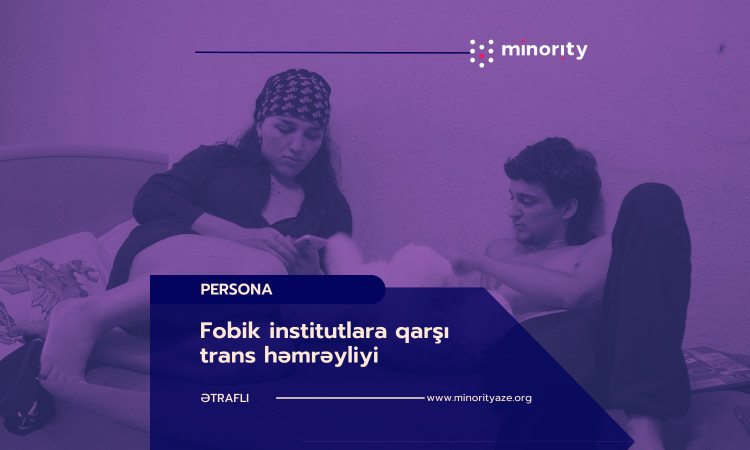Latvia votes to withdraw from Istanbul Convention
Latvia decides to withdraw from international treaty against violence against women
02/Nov/25
803
Latvia votes to withdraw from Istanbul Convention
Latvia decides to withdraw from international treaty against violence against women
The Latvian parliament has voted to withdraw from the Istanbul Convention, an international treaty aimed at protecting women and against domestic violence. The decision, adopted after long and tense discussions, has sparked protests at home and abroad.
Thousands of people took part in protests in Riga this week against the parliament’s decision. The law now needs the approval of President Edgars Rinkevics to enter into force. He said on the social network “X” (formerly Twitter) that he would evaluate the decision taking into account “state and legal principles.”
The Istanbul Convention was adopted in 2011 and Latvia ratified it only last year. The treaty committed governments to preventing violence against women, establishing protection mechanisms and support services. Latvia was the first country in the European Union to take steps to withdraw from the document. In 2021, Turkey adopted a similar decision — a move that the Council of Europe described as a “serious setback for women’s rights.”
After a 13-hour debate on Thursday, members of the Seimas (Latvian parliament) voted 56 to 32 to withdraw from the agreement. The decision was put forward by the opposition, but was supported by some MPs from the ruling coalition’s Greens and Farmers’ Union.
Ainars Slesers, leader of the conservative Latvia First party, said that “Latvians must choose either a natural family or a multi-sex gender ideology.” Prime Minister Evika Silina joined protesters outside parliament and said: “We will not surrender, we will not allow violence to prevail.”
Latvia’s ombudsman Karina Palkova urged the agreement not to be turned into a political tool. Equality Now said that “the Istanbul Convention is not a threat to Latvian values, but rather a means to implement them.”
The women's rights group Centrs Marta is planning a new protest next week, accusing the lawmakers of "not hearing the voice of the people."
Meanwhile, 22,000 people have signed a petition calling for the convention to be scrapped.
Theodoros Roussopoulos, head of the Parliamentary Assembly of the Council of Europe, called Latvia's decision "a hasty and deeply worrying step backwards, fueled by disinformation."
He said there had been a sharp increase in murders and violence against women since Turkey's withdrawal in 2021.
Since the law failed to pass by a two-thirds majority, President Rinkėvičs could decide to return it and review it. The Progressive Party, another member of the ruling coalition, has not ruled out appealing to the Constitutional Court.
According to the European Institute for Gender Equality (EIGE), women are more likely to be victims of intimate partner violence than male victims. In 2022, 142 such incidents were recorded in Latvia — a decrease compared to previous years, but still a high figure.
Powered by Froala Editor



